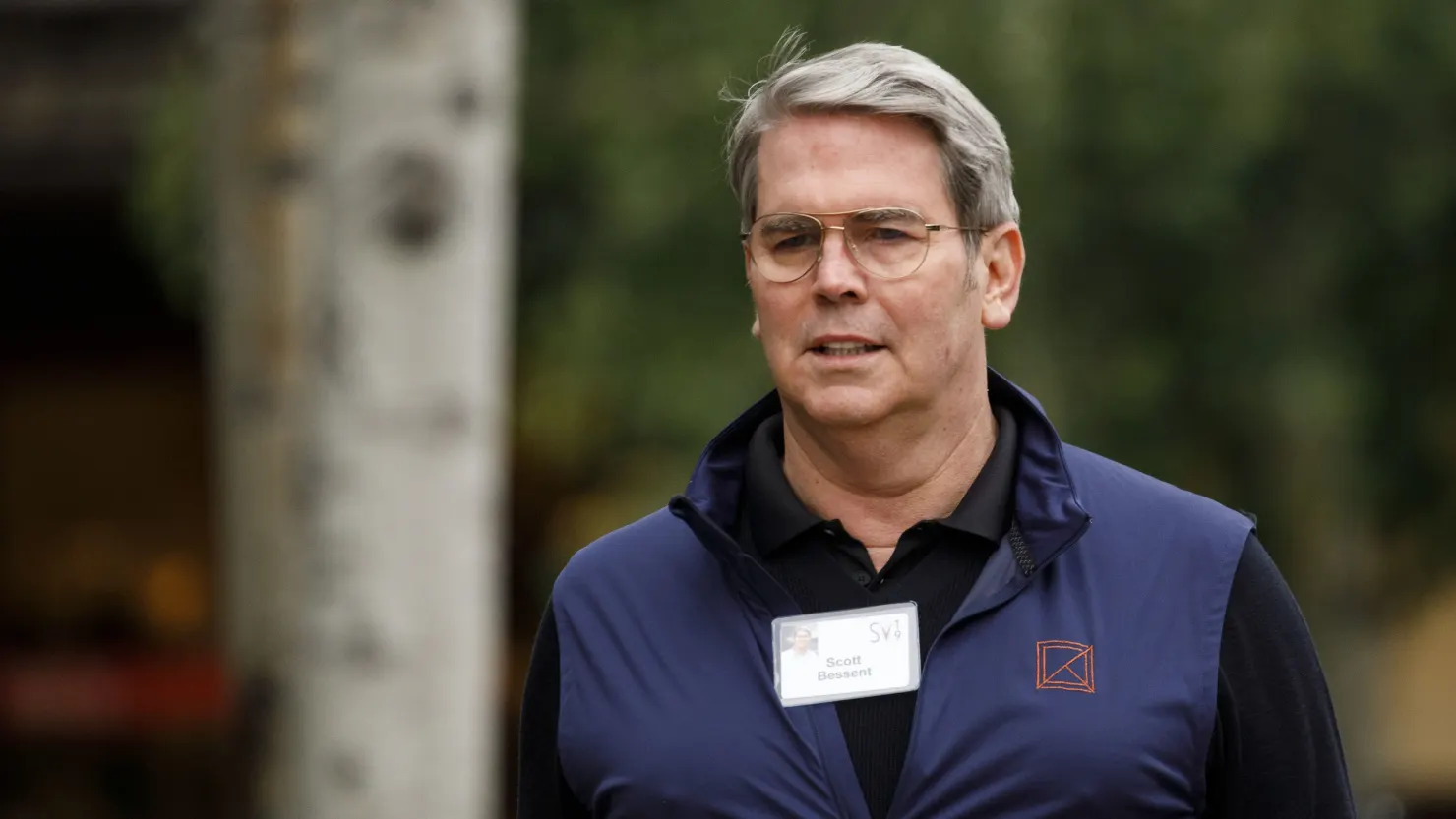Wall Street’s celebration of President-elect Donald Trump’s Treasury pick, Scott Bessent, may be a tad premature.
This week, the S&P 500 and Dow Jones Industrial Average hit record highs as traders assumed that Bessent would temper Trump’s tariff-heavy rhetoric. These threats have fueled fears of inflation and a potential recession, should incoming policies drive up consumer prices and spark a damaging global trade war.
The market’s resurgence following Bessent’s nomination creates a calming narrative, but is it an accurate projection of what’s ahead?
A Temperate Pick With Tariff Complexities
Wall Street veteran Bessent, a successful money manager, is widely viewed as more temperate and conventional than other candidates considered for the role. However, his stance on tariffs is not entirely reassuring.
Bessent has indicated comfort with using tariffs as negotiation tools, describing his approach as “escalate to de-escalate” when addressing global trade imbalances. While the markets appear to welcome this sentiment, it contrasts with Trump’s unabashed enthusiasm for tariffs.
In an October interview with Bloomberg News, Trump referred to “tariff” as “the most beautiful word in the dictionary.” On Monday night, he doubled down, promising punitive tariffs on China, Mexico, and Canada—measures that seemingly violate the U.S.-Mexico-Canada Agreement he championed during his first term.
Bessent may find himself in a challenging position, trying to curb sweeping tariffs that could encompass all goods and services entering the United States.
Read more: Trump Vows More Tariffs on China, Canada and Mexico | Bloomberg The Pulse
Three Lofty Goals With Hidden Risks
Bessent’s three-pronged economic plan includes:
- Growing the economy by 3% annually, a goal the U.S. has achieved in the past.
- Cutting the budget deficit to 3% of GDP, less than half of its current level.
- Increasing domestic oil production by 3 million barrels per day, which could push prices below production costs.
While ambitious, these goals are fraught with challenges. Bessent suggests that the incoming administration will essentially continue policies already in place, with the exception of addressing government spending—an area where both the Trump and Biden administrations have fallen short.
The U.S. hit record domestic oil production levels earlier this year, yet markets seem to treat these objectives as groundbreaking news. As the article notes, “I don’t fully understand the polite applause for things that have already taken place.”
Moreover, reducing the federal deficit to 3% of GDP too quickly could be “highly recessionary,” a fact financial markets appear to be overlooking.
Rallying on Optimism or Coincidence?
Traders seem to believe that Bessent’s expertise and hedge fund success will enable him to appeal to Trump’s “better angels.” However, the rally may not solely reflect confidence in Bessent.
Recent declines in energy prices suggest markets are also pricing in possible resolutions to conflicts in Ukraine and the Middle East. While such outcomes are welcome, their timing may have coincided with Bessent’s announcement, creating an illusion that his nomination is the primary driver of market optimism.
The Verdict Remains Unclear
As the markets rally, it’s worth questioning whether the enthusiasm is warranted. The article raises doubts, stating, “But little of what’s been discussed about the Treasury Secretary pick supports the rather large rallies we’ve seen in both stocks and bond prices.”
The markets may simply be giving Bessent the benefit of the doubt, acknowledging his skills as superior to other candidates considered. Yet, the true test will come as he takes on the formidable challenges ahead.
For now, the markets appear cautiously optimistic. But whether this rally is justified—or a premature reaction to fleeting hope—remains to be seen.

